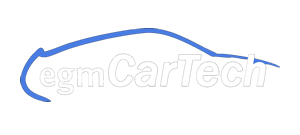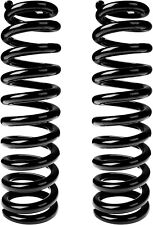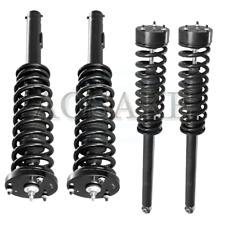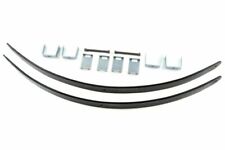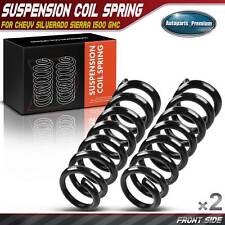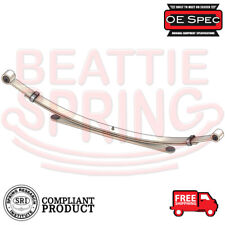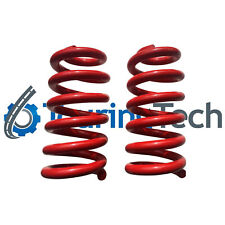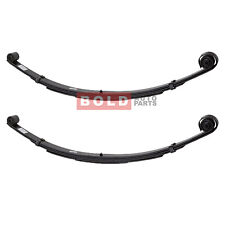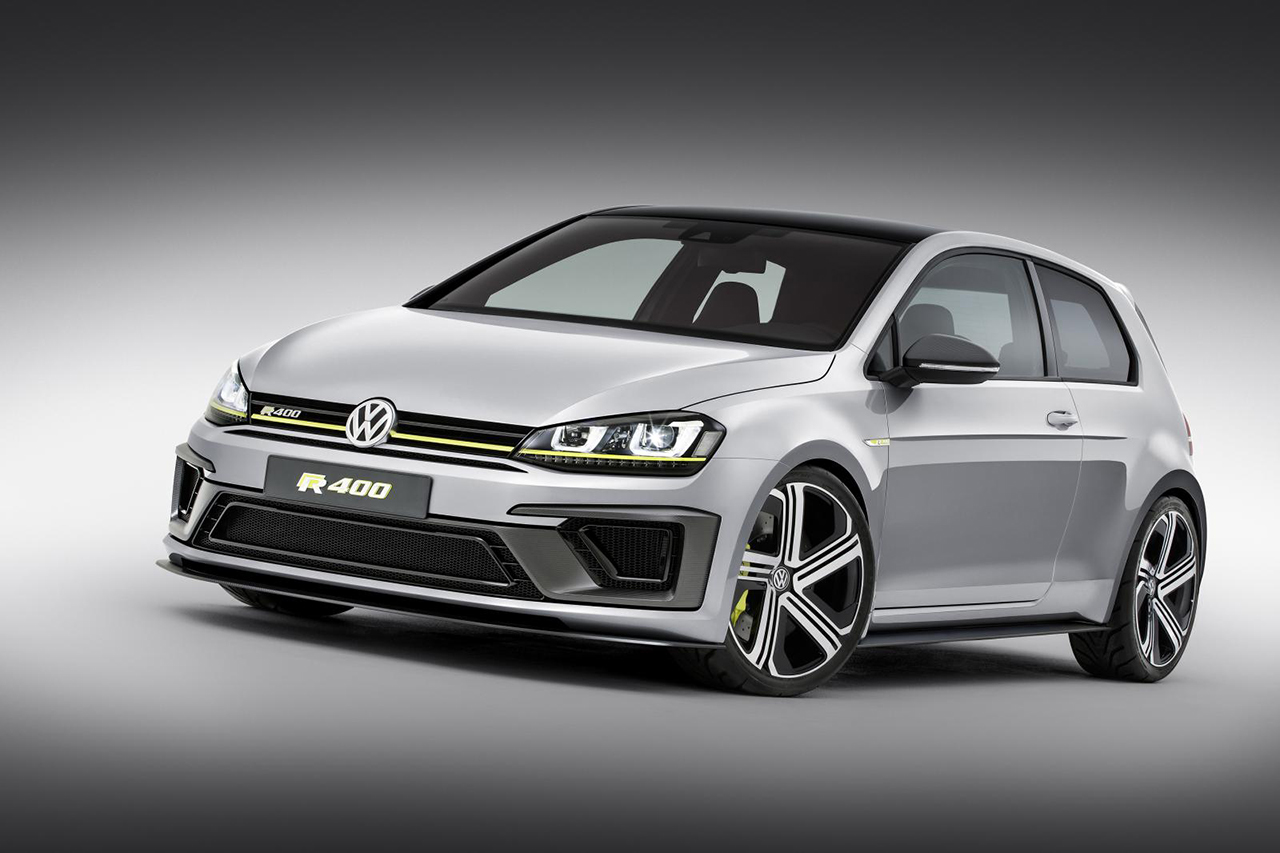VW will try to sell a car every 3 seconds this year
It’s a little bit more than three, but the idea is that VW is trying to keep makers GM and Toyota at bay ever so slightly by breaking the 10 million car per year mark. This sounds like quite a few cars, and it is; though, staggeringly, it’s only about 10 percent of the global new car market. No longer just for plaid seated Golf GTI enthusiasts and VW Microbus patchouli oil afficionados, the maker of the people’s car has risen from very respectable obscurity to become one of the reigning beasts of the automotive world.
Up from 9.3 million for FY 2012, VW moved 9.7 million cars and has pulled off a 4.7% increase over this time last year for the first two months of FY2014. How does this happen? 3 million of these cars went to China, one of the world’s great emerging auto markets. The Chinese economy, while slowing a little, is seeing significant gains both in new vehicle ownership, and in overall health; long wheelbase and inexpensive cars from Western nations are both popular, despite hefty import duties. Profits from Audi, Chinese sales, and clever marketing have made VW post record profits too; with unfavorable exchange rates in Europe, VW’s efforts this past year should indicate their ability to realize what seemed like a lofty goal back in 2009. For more information, check out VW’s press release after the jump.
-By: Sawyer Sutton
VOLKSWAGEN GROUP CONTINUES SUCCESS STORY IN FISCAL YEAR 2013
Mar 13, 2014
- CEO Winterkorn: “There is a good chance that we will already exceed the ten million deliveries mark this year.”
- Healthy start to 2014 with a 4.7 percent increase in deliveries in the first two months
- Even stronger focus on qualitative growth going forward
The Volkswagen Group met and even beat its targets for 2013 despite the challenging competitive environment. “2013 was an extremely challenging year for European automakers in particular. We weren’t helped either by our home market or by exchange rates. Nevertheless, the Volkswagen Group put up a strong showing despite the difficult conditions”, said Prof. Dr. Martin Winterkorn, Chairman of the Board of Management of Volkswagen Aktiengesellschaft, during the presentation of the company’s 2013 financial results in Berlin on Thursday. Winterkorn announced that the Group will now focus even more strongly on qualitative growth, with a particular emphasis on earnings quality, quality in development and people quality.
According to Winterkorn, the Group already holds the key to sustainably strengthening its earnings quality in its hands in the shape of its modular toolkits. Rolling out the toolkit strategy across the Group in the coming years would be a unique achievement in the automotive industry. “As volumes grow and new models are added, we will also see increasingly positive earnings effects”, he said.
Over EUR 10 billion spent on research and development
With respect to quality in development, Winterkorn announced plans to rev up the innovation engine even higher. The Volkswagen Group spent over EUR 10 billion on research and development last year – more than any other manufacturer in the world. Enhancing people quality means in particular increasing knowledge transfer. Winterkorn believes that the Volkswagen Group’s greatest asset is the knowledge of its approximately 570,000 employees – and that this must be safeguarded and built on. At the same time, the Volkswagen Group will acquire new knowledge through its cooperation with around 280 universities and research institutes worldwide. “Sharing knowledge leads to new knowledge. This enables us to secure our technology leadership and business success in the future as well”, said Winterkorn.
CFO Hans Dieter Pötsch was also satisfied with 2013. “The Volkswagen Group continued its success story and further strengthened its market position thanks to its high profitability”, said Pötsch. “Given the ongoing challenges from the macroeconomic environment, we will continue to pursue our disciplined approach to cost and investment management and steadily improve existing processes. This provides a basis from which we can grow successfully in what remains a highly competitive environment.”Group figures for 2013
The Volkswagen Group’s sales revenue increased by 2.2 percent to EUR 197.0 billion in fiscal year 2013 (previous year: EUR 192.7 billion). The Group’s operating profit rose slightly to a record EUR 11.7 billion (EUR 11.5 billion). Deliveries grew by 4.9 percent last year to more than 9.7 million vehicles (9.3 million).
The Group’s delivery figures include all vehicles manufactured and sold by its Chinese joint ventures, which exceeded three million units for the first time last year.
By contrast, the Group’s sales revenue and operating profit do not include the Chinese joint ventures. Their businesses have always been accounted for in the financial result using the equity method and are therefore not included in consolidated operating profit.
The proportionate share of their operating profit rose to approximately EUR 4.3 billion (EUR 3.7 billion) in 2013. If this figure were included, the Group’s profit per vehicle delivered would have been significantly higher.
The financial result declined to EUR 0.8 billion (EUR 14.0 billion) last year. It should be noted that the 2012 figure was positively impacted by measurement effects in connection with the integration of Porsche (EUR 12.3 billion). Overall, the Volkswagen Group’s profit before tax was approximately EUR 12.4 billion last year (EUR 25.5 billion). Measurement effects in connection with the integration of Porsche also had a positive impact on profit before tax in 2012. The Group’s profit after tax was EUR 9.1 billion (EUR 21.9 billion).
In light of the company’s continued success, the Board of Management and the Supervisory Board will be proposing to the Annual General Meeting on May 13, 2014 to increase the dividend to EUR 4.00 (EUR 3.50) per ordinary share and EUR 4.06 (EUR 3.56) per preferred share.
The return on investment for the Automotive Division was 14.5 percent, well above the minimum required rate of return of 9 percent. The return on equity before tax in the Financial Services Division rose slightly to 14.3 percent (13.1 percent). “In order to safeguard the quality of our earnings for the long term, we will raise our profile in all key markets, leverage our unique brand portfolio, expand our attractive product range, drive forward technical innovations and offer our customers a wide variety of financial services offerings”, said Pötsch.
Net liquidity in the Automotive Division remained sound at EUR 16.9 billion as of the end of December 2013 (year-end 2012: EUR 10.6 billion) thanks to the robust business model and net cash flow of EUR 4.4 billion. This gives the Group the necessary financial stability and flexibility to be able to maintain its profitable growth and to continue systematically implementing its Strategy 2018.The ratio of investments in property, plant and equipment (capex) to sales revenue rose slightly by 0.4 percentage points to 6.3 percent. Volkswagen therefore remains at a competitive level within its target corridor of 6 to 7 percent. Alongside its production facilities, Volkswagen invested mainly in the expansion and ecological focus of its model range, the use of electric drives and the modular toolkits.
Brands and business fields
The Volkswagen Passenger Cars brand generated sales revenue of EUR 99.4 billion (EUR 103.9 billion) in 2013, falling short of the prior-year figure by 4.4 percent due to exchange rate and volume-related factors. Lower unit sales and upfront expenditures for new technologies in particular affected operating profit, which amounted to EUR 2.9 billion (EUR 3.6 billion). It should be noted that the figures for sales revenue, operating profit and unit sales do not include the Chinese joint ventures.
At EUR 49.9 billion (EUR 48.8 billion), Audi’s sales revenue exceeded the prior-year figure by 2.3 percent despite negative currency effects. Its operating profit amounted to EUR 5.0 billion (EUR 5.4 billion). This decline is primarily attributable to upfront expenditures for new products and technologies, costs associated with the systematic expansion of the international production network and the challenging environment in many markets. The brand generated an operating return on sales of 10.1 percent (11.0 percent).
ŠKODA recorded sales revenue of EUR 10.3 billion (EUR 10.4 billion) in 2013. Negative volume, mix and exchange rate effects were the reasons behind the decline in operating profit to EUR 522 million (EUR 712 million).
SEAT recorded sales revenue of EUR 6.9 billion (EUR 6.5 billion) in 2013. Its operating result improved by EUR 4 million to EUR –152 million.
Bentley generated sales revenue of EUR 1.7 billion (EUR 1.5 billion) between January and December 2013. Bentley’s operating profit rose by 66.9 percent to EUR 168 million due to higher volumes and positive exchange rate and mix effects.
Porsche recorded sales revenue of EUR 14.3 billion in 2013. Its operating profit amounted to EUR 2.6 billion, while the operating return on sales was 18.0 percent.
Sales revenue generated by Volkswagen Commercial Vehicles reached the prior-year level in 2013 at EUR 9.4 billion (EUR 9.5 billion). Its operating profit rose by 6.4 percent to EUR 448 million (EUR 421 million) as a result of successful cost optimization measures.
Scania recorded sales revenue of EUR 10.4 billion (EUR 9.3 billion). Its operating profit increased from EUR 930 million to EUR 974 million. MAN generated sales revenue of EUR 15.9 billion (EUR 16.0 billion) and recorded an operating profit of EUR 319 million (EUR 813 million), which was mainly impacted in the Power Engineering area by lower volumes, tougher competitive pressure, declining revenue from the license business and in particular by the recognition of project-specific contingency reserves.
Volkswagen Financial Services generated an operating profit of EUR 1.6 billion (EUR 1.4 billion) in 2013. The division signed 4.3 million new financing, leasing and service/insurance contracts worldwide (up 13.4 percent).
Winterkorn: “The Volkswagen Group has never been satisfied with just achieving the minimum.”
The Volkswagen Group made a healthy start to 2014. In the first two months, some 1.5 million (1.4 million) passenger cars and light commercial vehicles (excluding MAN and Scania) were delivered worldwide, a year-on-year increase of 4.7 percent. “There is a good chance that we will already exceed the ten million deliveries mark this year – four years earlier than originally planned”, said CEO Winterkorn, referring to the forthcoming product initiative.
This year and next year, the Volkswagen Group brands will be launching more than 100 new models, successors and product enhancements. This will include such key models as the new Passat, the Audi A4 and Audi Q7, the Porsche Macan and the plug-in hybrid version of the Porsche Cayenne, the new ŠKODA Fabia and ŠKODA Superb, and the SEAT Ibiza.
Despite the persistently challenging market environment, Winterkorn was guardedly confident about business development in the rest of 2014. “We are expecting a moderate increase in deliveries”, he said. Challenges for the Volkswagen Group will come from the difficult market environment and fierce competition, as well as interest rate and exchange rate volatility and fluctuations in raw materials prices.
The modular toolkit system, which is being continuously expanded, will have an increasingly positive effect on the Group’s cost structure. Depending on the economic conditions, the world’s second-largest automaker expects 2014 sales revenue for the Volkswagen Group and its business areas to move within a range of three percent around the prior-year figure.
In terms of the Group’s operating profit, Volkswagen is expecting an operating return on sales of between 5.5 percent and 6.5 percent in 2014 in light of the challenging economic environment, and the same range for the Passenger Cars Business Area. The Commercial Vehicles/Power Engineering Business Area is likely to moderately exceed the 2013 figure. Volkswagen expects the operating return on sales in the Financial Services Division to be between 8.0 percent and 9.0 percent. “The Volkswagen Group has never been satisfied with just achieving the minimum”, said Winterkorn. Disciplined cost and investment management and the continuous optimization of its processes remain integral elements of the Volkswagen Group’s Strategy 2018.
